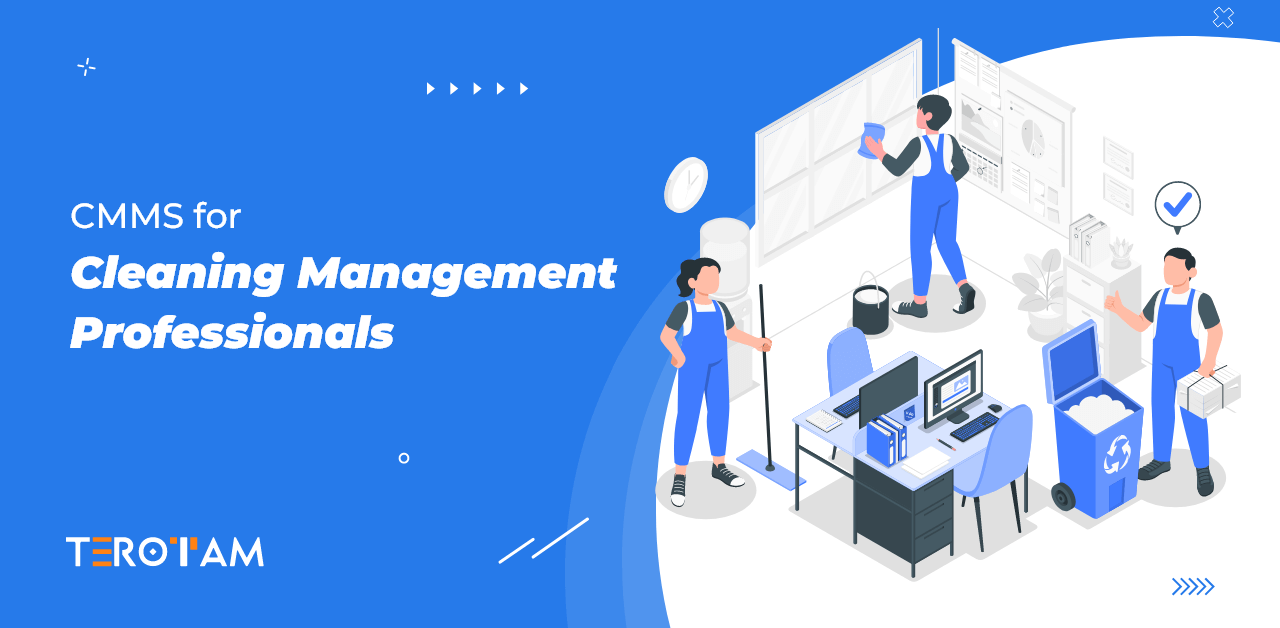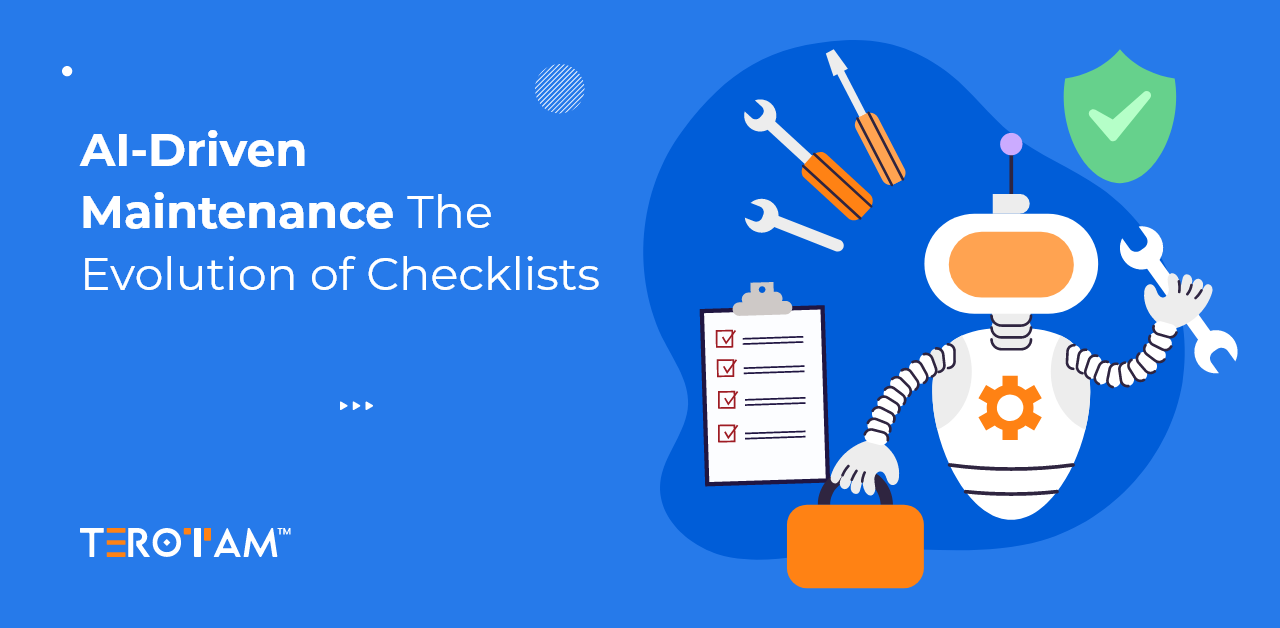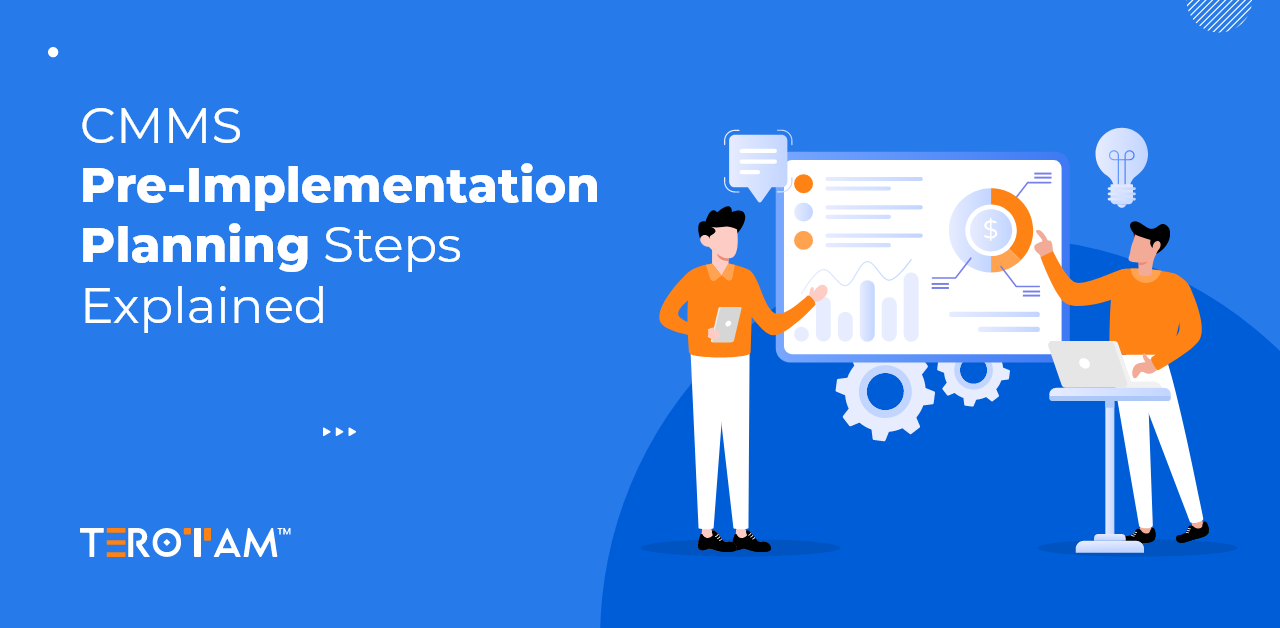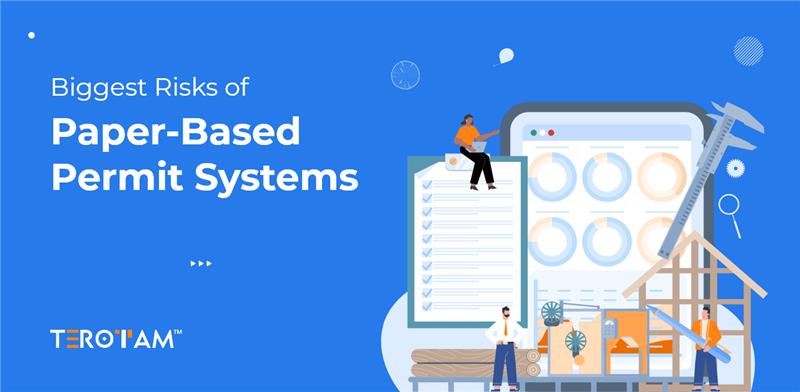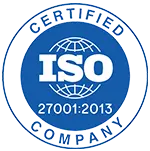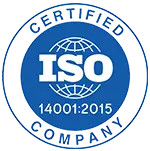Professional cleaning is becoming a necessity with the growing demand for hygiene and cleanliness, and the systematic approach is a must for professional cleaners. Their efficiency and effectiveness is more dependent on how they manage and maintain their work and accuracy to stay competitive in the business competition.
With this in mind, systematic approaches like cleaning management software that helps them to manage their work schedule, task management, asset and equipment tracking, maintenance and repair handling, work permit management and many more.
One of the most handy technologies in implementing this system is CMMS software, that is not bounded by the specific industry boundary and can be tailored according to your requirement and use case can be the perfect match.
This article will explain how professional cleaning companies can implement CMMS solutions for their business success.
How can CMMS be the Systematic Solution for Professional Cleaners?
CMMS serves a systematic and comprehensive approach to elevating cleaning operations. Here are the ways how it helps.
Asset Management:
- Incorporates robust asset management capabilities for monitoring equipment health and performance.
- Ensures well-maintained assets, extending their lifespan and preventing unexpected failures.
- Optimizes asset utilization, contributing to overall operational efficiency.
- Provides a centralized repository for asset documentation, including manuals and service records.
Inventory Control and Supplies Management:
- Enables automatic tracking of inventory levels and provides alerts for low supplies.
- Proactively manages inventory, preventing disruptions in cleaning services due to shortages.
- Enhances resource optimization by ensuring optimal stock levels and minimizing wastage.
Scheduled Maintenance and Inspections:
- Facilitates easy scheduling of routine maintenance tasks and equipment inspections.
- Automates processes, proactively addressing issues to minimize downtime and unexpected breakdowns.
- Ensures a systematic and timely approach to equipment upkeep, optimizing performance.
- Provides historical maintenance data, aiding in predictive maintenance planning for improved equipment reliability.
- Allows for the integration of maintenance checklists and documentation, ensuring thorough inspections.
Task Management and Work Order Automation:
- Simplifies task management through efficient creation, assignment, and monitoring of work orders.
- Automation reduces the risk of oversights, ensuring tasks are completed according to schedule.
- Enhances operational efficiency by automating routine processes, allowing staff to focus on higher-value tasks.
- Improves communication among team members by providing real-time updates on task status and changes.
Work Permit Management:
- Simplifies the management of work permits for specific cleaning tasks.
- Ensures regulatory compliance, mitigating risks associated with task execution.
- Enhances safety protocols by systematically managing work permits.
- Facilitates easy retrieval of historical work permit data for audits and compliance reporting.
- Integrates with safety training records, ensuring only qualified staff receive permits.
Enquiry Management:
- Streamlines logging, tracking, and response to client inquiries.
- Enhances customer satisfaction by addressing inquiries promptly and effectively.
- Provides a systematic approach to managing client communications and requests.
- Enables the categorization and prioritization of inquiries for efficient resolution.
- Offers automated response templates for common inquiries, improving response time.
Staff Tracking and Management:
- Facilitates staff tracking, providing insights into location and activities.
- Enhances accountability and aids in optimizing staff deployment.
- Ensures scheduled cleaning tasks are carried out efficiently, contributing to overall service quality.
Real-time Reporting and Analysis:
- Provides robust reporting features for comprehensive performance assessments.
- Enables real-time monitoring of task completion, resource utilization, and equipment efficiency.
- Facilitates data-driven decision-making, allowing for continuous improvement in cleaning operations.
- Enhances transparency and accountability by providing stakeholders with real-time insights into key performance indicators.
Mobile Accessibility:
- Empowers cleaning staff in the field with easy access to task details and work order updates.
- Enables real-time reporting of issues, improving communication and responsiveness.
- Enhances flexibility by allowing on-the-go access, optimizing field operations.
How to Use CMMS as a Cleaning Management Solution?
Implementing a Computerized Maintenance Management System (CMMS) as a cleaning management solution involves a strategic and systematic approach.
Here’s a detailed guide on how to harness the full potential of CMMS to optimize cleaning operations:
Data Migration and System Setup:
The first step involves gathering existing cleaning data, encompassing task schedules, work orders, and equipment details. Collaborate with CMMS providers to ensure a smooth and accurate migration of this data. Customize the CMMS system to specific cleaning requirements by configuring task categories, work order templates, and asset management modules. This stage is pivotal in tailoring the system to the unique needs of the cleaning service provider.
Training and Onboarding:
Ensure a smooth transition for cleaning staff by providing comprehensive training on the functionality of the CMMS. Conduct hands-on sessions to familiarize users with creating work orders, updating task statuses, and utilizing mobile features. Establish a feedback loop to encourage ongoing communication and continuous improvement based on user experiences. Proper training and onboarding are crucial for maximizing the benefits of CMMS adoption.
Task Planning and Scheduling:
Efficient task planning and scheduling are key components of using CMMS effectively. Input cleaning schedules and recurring tasks into the system and leverage automation features to schedule routine maintenance, inspections, and cleaning assignments. Ensure that all cleaning staff have access to their assigned tasks, including details and deadlines. This step streamlines the organization of cleaning operations and enhances overall productivity.
Mobile Accessibility for Field Operations:
Encourage the use of mobile devices among cleaning staff for real-time task updates and reporting. Implement features such as barcode or QR code scanning to facilitate efficient inventory management. Enable GPS tracking to monitor staff locations and optimize deployment strategies in the field. Mobile accessibility enhances communication and responsiveness, fostering a more agile and connected cleaning workforce.
Integration with Other Systems:
Integrate CMMS with existing business systems, including client management, financial software, and communication tools. Ensure seamless data flow between systems to avoid manual data entry and enhance overall operational efficiency. Integration streamlines workflows, creating a cohesive ecosystem that connects different aspects of the cleaning service provider’s business.
Continuous Improvement and Feedback Loop:
Establish regular review sessions to assess the effectiveness of CMMS in meeting cleaning objectives. Gather feedback from cleaning staff and management to identify challenges and opportunities for enhancement. Implement updates and improvements based on user experiences and changing organizational needs. This iterative process ensures that the CMMS remains a dynamic and responsive tool for ongoing cleaning management optimization.
Conclusion
As we conclude our exploration of how CMMS revolutionizes cleaning management, it’s evident that this systematic solution offers a comprehensive approach, from centralized data management to real-time reporting.
For more insights on implementing CMMS as your cleaning management solution, connect with our experts now or write us back at contact@terotam.com.
Let’s redefine the future of your cleaning services together..!!


